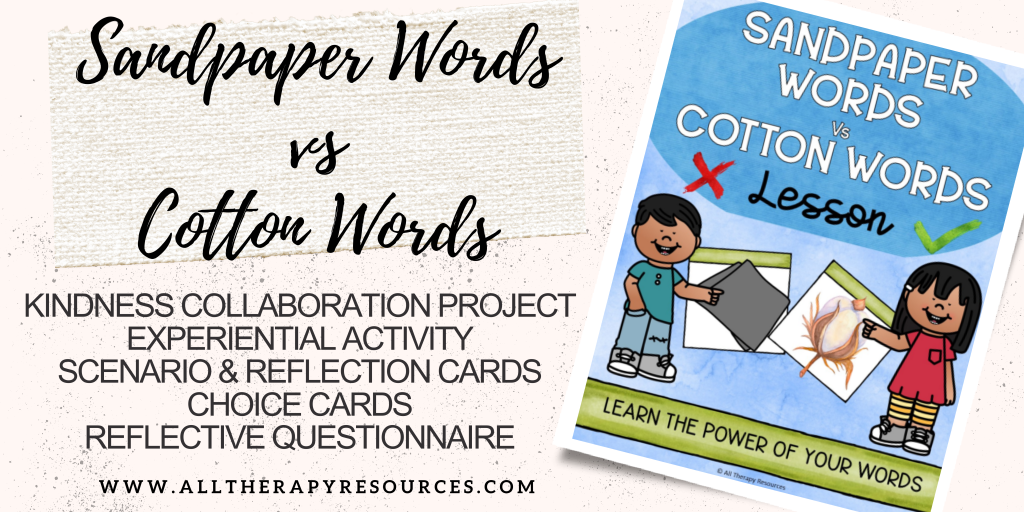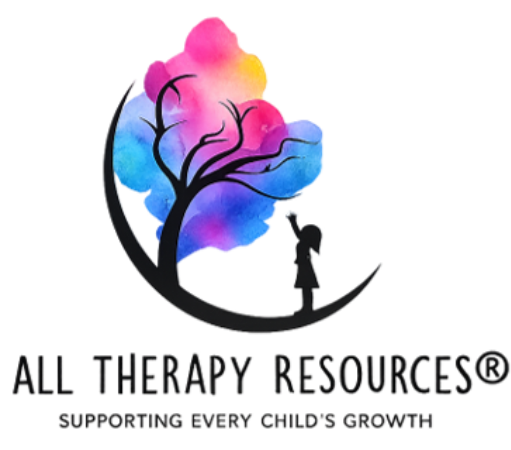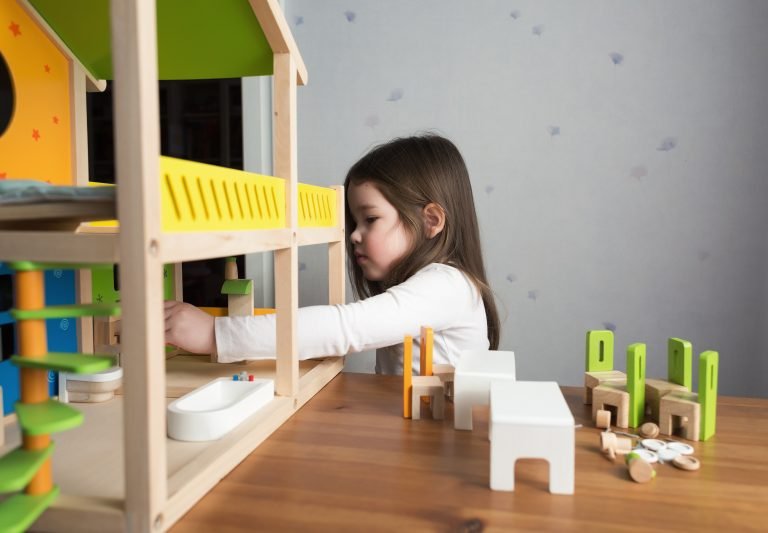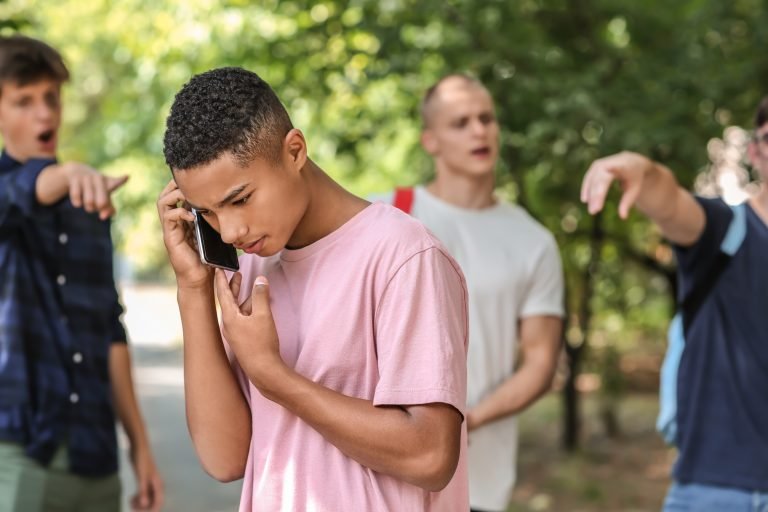
We often find ourselves in the privileged position of shaping young minds. Today, I want to delve into an essential aspect of social-emotional learning: the power of words and kindness. Drawing from insightful resources like “Sandpaper Words vs Cotton Words” and “Wrinkled Heart Lesson,” let’s explore how we can equip our students with the empathy and awareness necessary for a harmonious classroom and society.
Understanding the Weight of Words
In the realm of counseling and psychology, we recognize that words carry a weight far beyond their literal meaning. They can shape perceptions, influence emotions, and leave lasting impressions. The “Sandpaper Words vs Cotton Words” lesson is an exceptional tool to convey this profound truth to students. It vividly illustrates how words can either be harsh, causing pain and discomfort, like sandpaper, or they can be gentle and nurturing, like cotton.

Implementing the Sandpaper vs Cotton Words Lesson
Incorporating this lesson into the classroom involves a series of engaging and reflective activities. It begins with a discussion about how words feel and the impact they have. Students then participate in a collaborative project, encouraging them to think deeply about the effects of their language choices.
About this Lesson
A key component of this lesson is the Kindness Collaborative Project where students engage in a project that encourages them to reflect on the impact of their own words and actions. Through discussions and group activities, they explore the concept of sandpaper words (hurtful language) and cotton words (kind language).
To supplement this, an experiential activity called “Building Words with Care” is a hands-on activity where students experience the power of their words firsthand. They will have the opportunity to construct words using tangible materials, representing the impact of different types of language. This activity promotes critical thinking and empathy, fostering a deeper understanding of the consequences of their words.
Scenario-Based Learning
The lesson further evolves into scenario-based learning using thought-provoking cards. These cards present various social situations, prompting students to categorize the language used as either ‘sandpaper’ or ‘cotton’. They are then encouraged to discuss the potential outcomes of each scenario, fostering empathy and a deeper understanding of the power their words wield.
Facilitating Rich Discussions
As counselors guiding this learning experience, our role is to facilitate discussions, providing deeper insights into the emotional repercussions of unkind language. We encourage students to share personal experiences and feelings, creating a safe and inclusive environment for open dialogue.
The “Sandpaper Words vs Cotton Words” lesson is a critical resource in teaching students the immense power of their words. By implementing this lesson, we not only impart an understanding of kind communication but also lay the groundwork for developing emotionally intelligent, empathetic, and respectful individuals.

The Wrinkled Heart: A Visual Representation of Emotional Impact
The “Wrinkled Heart” lesson stands as a powerful visual and interactive tool, effectively conveying the lasting impact of words and actions on emotions. In this lesson, each student receives a paper heart, pristine and smooth at the outset, representing their emotional state. As the activity progresses, every instance of unkind words or actions is symbolized by a wrinkle in the heart, vividly illustrating the enduring effect of emotional hurt.

Key Reflections and Activities
This lesson is designed not just to show the negative impact of unkindness but to foster a deep level of introspection and empathy. As students participate in various scenarios, they are encouraged to think critically about their speech and behavior, contemplating how these might affect others.
Understanding Your Wrinkled Heart
Students are guided through an exploration of their “wrinkled hearts,” reflecting on times they have experienced unkind words and actions. This introspective activity aims to increase their emotional self-awareness and sensitivity towards the feelings of others.
Smooth vs Wrinkled Words Sorting Choice Cards
An integral part of the lesson involves sorting choice cards, where students categorize statements as either “smooth” (kind) or “wrinkled” (unkind) words. This activity reinforces the concepts taught, prompting students to actively differentiate between language that heals and language that harms.
Scenario and Question Cards
Further deepening the lesson, scenario and question cards present various real-life situations. These provoke thoughtful discussions among students about the choices they make and their consequences. It’s an effective way to encourage them to consider alternate, kinder ways of expressing themselves.
The Power of Words
A component of the lesson focuses on the power of words. This includes a self-reflection questionnaire and prompts that guide students to think before they speak. The emphasis here is on cultivating a habit of mindful communication, recognizing that words, once spoken, can leave a lasting imprint.

Facilitating Emotional Growth
As counselors, our role in the “Wrinkled Heart” lesson extends beyond mere facilitation. We are there to guide meaningful discussions, help students process their emotions, and encourage them to apply these lessons in their daily interactions. The goal is to not only understand the impact of unkind words but to inspire a transformation towards empathy, kindness, and emotional intelligence.
Through the “Wrinkled Heart” lesson, students gain a tangible understanding of how their words and actions affect themselves and others. This lesson is pivotal in nurturing a culture of empathy and respect, crucial qualities for emotional well-being and healthy relationships.

Cultivating Empathy and Self-Reflection
Both lessons serve a dual purpose: they not only teach students about the impact of their words on others but also foster self-reflection and personal growth. The reflective questionnaires included in these resources are excellent tools for encouraging students to introspect and evaluate their communication habits.
The Role of Counselors and Psychologists
As counselors, our role in these lessons is to guide, facilitate, and deepen the learning experience. We can provide context, encourage open discussion, and help students connect the lessons to their personal experiences and relationships.
Conclusion
Teaching children the power of their words and the value of kindness is integral to their development as empathetic and socially responsible individuals. By utilizing resources like “Sandpaper Words vs Cotton Words” and “Wrinkled Heart Lesson,” we as counselors can create a more inclusive, empathetic, and compassionate learning environment. Let us embrace these tools and commit to nurturing a generation that values and practices kindness in every word and action.








